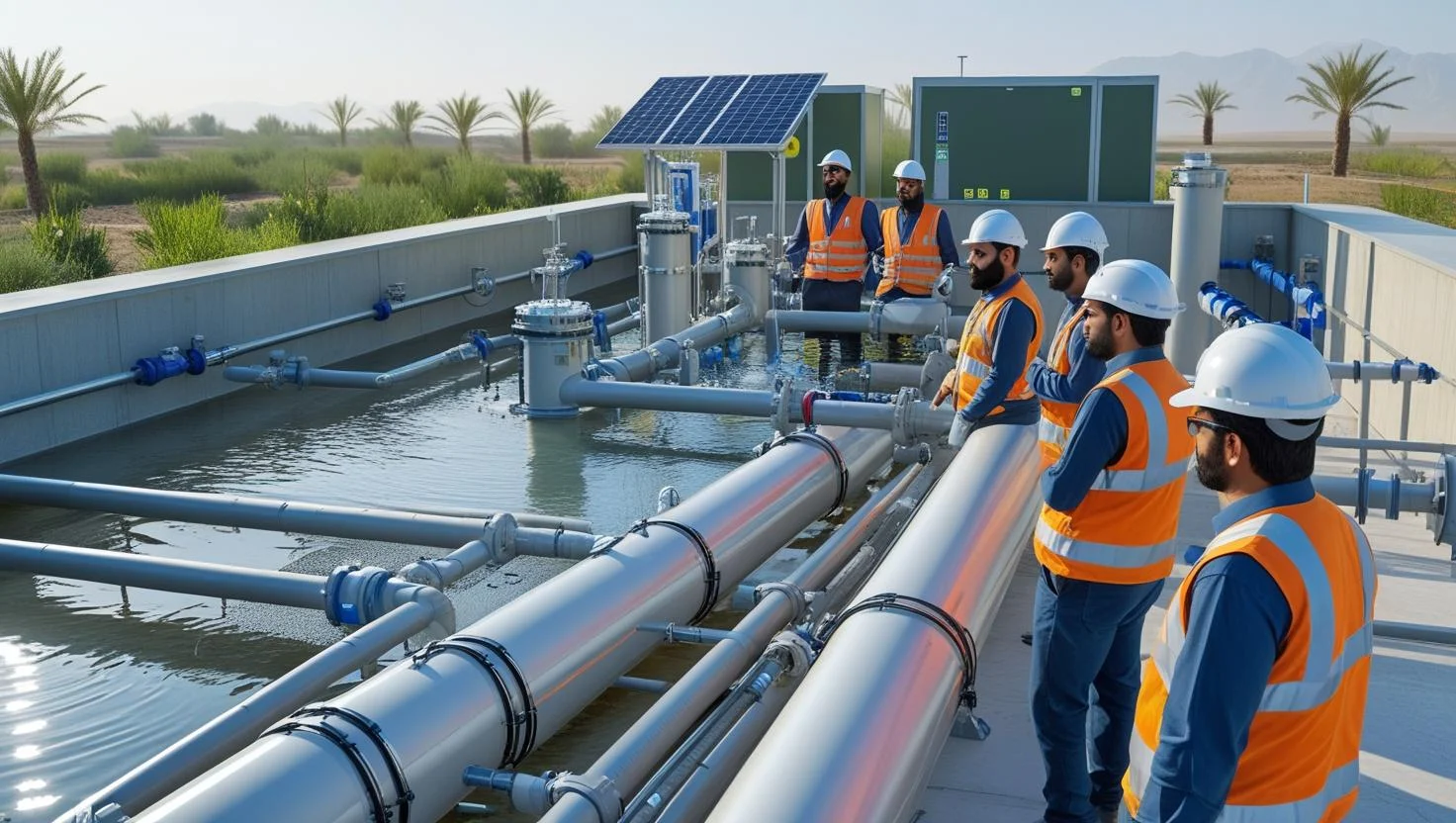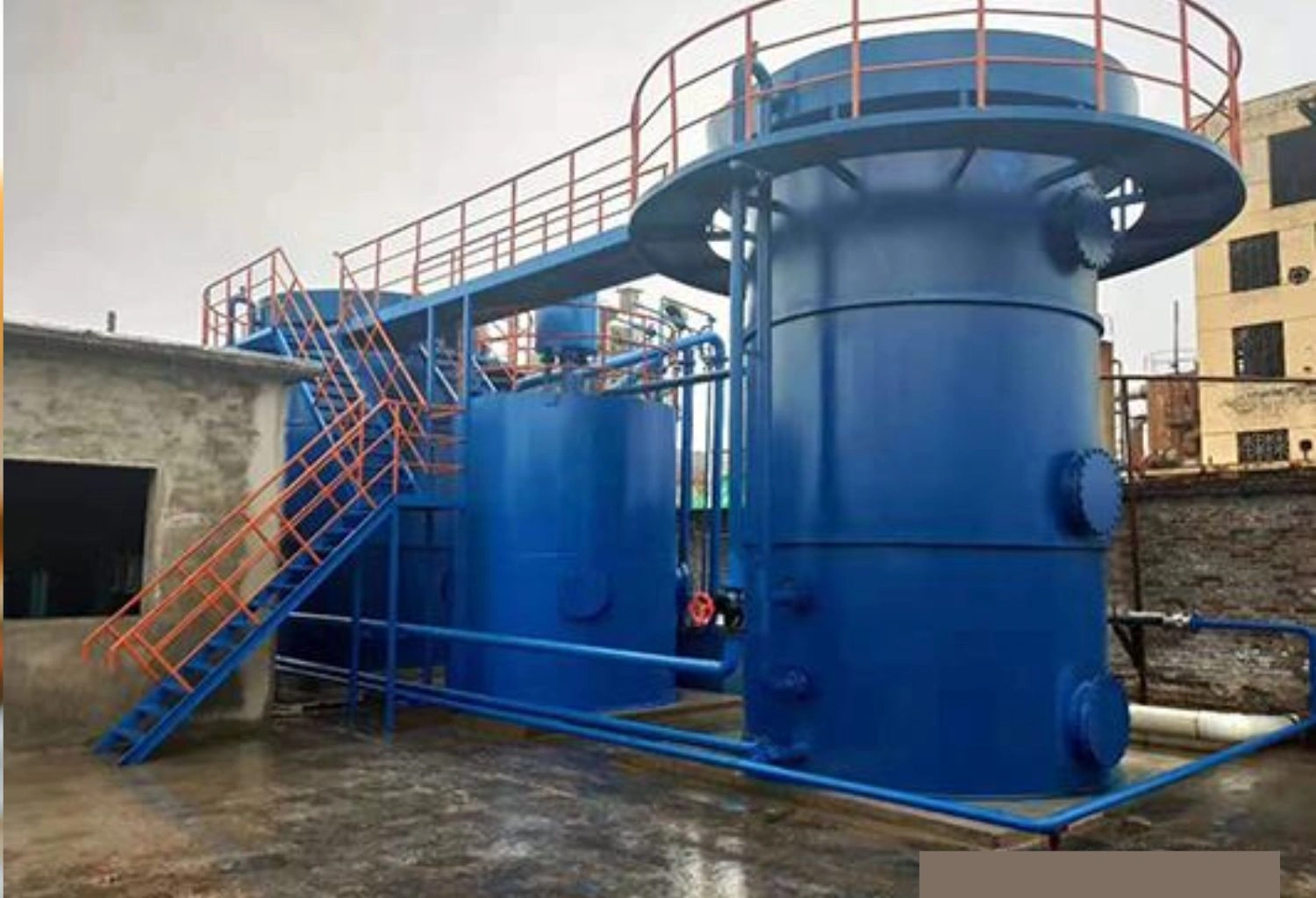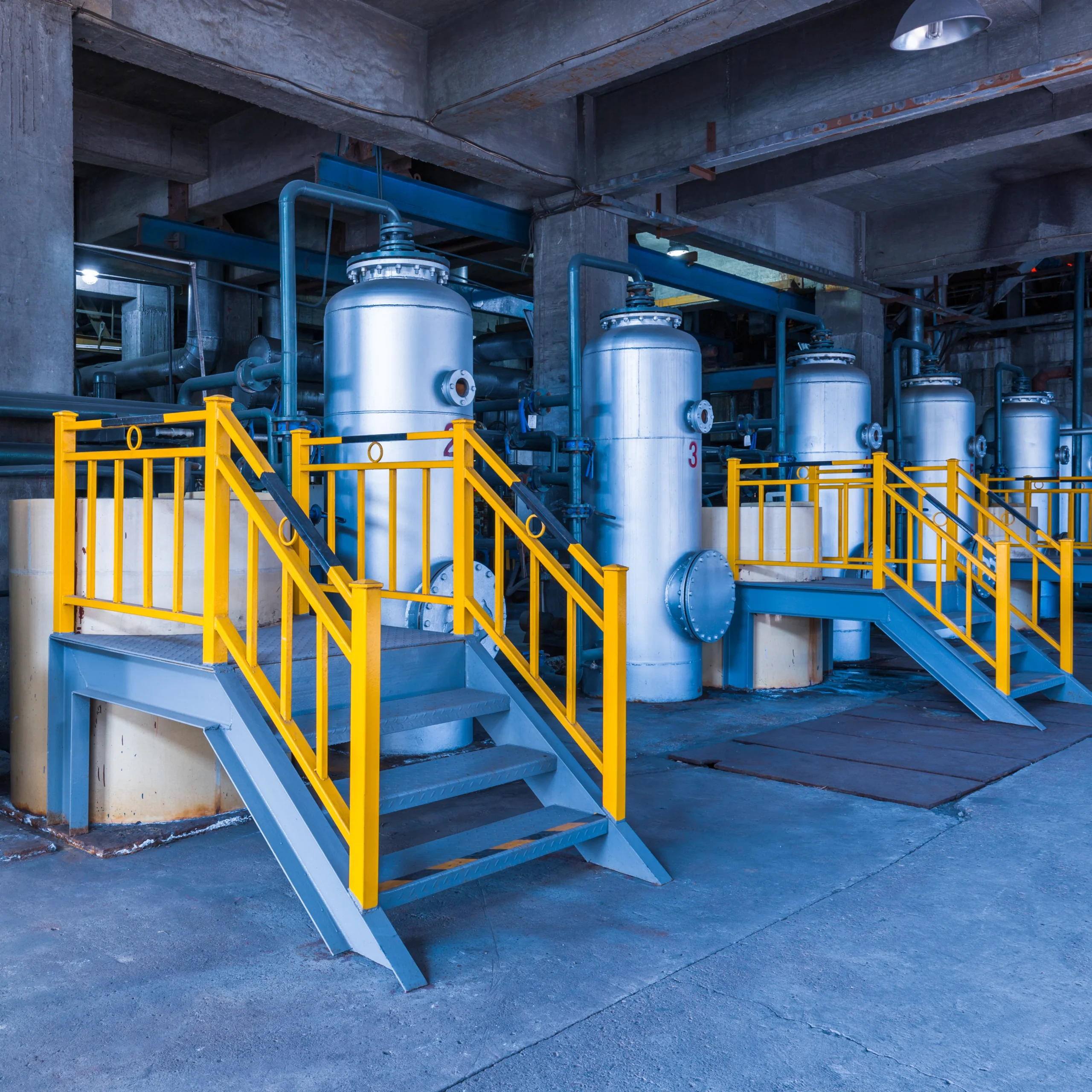How does treatment and reuse conserve water resources?
Freshwater shortage is an increasing issue globally, and Pakistan is no different. Central to successful management of resources is the principle of Treatment and Reuse—converting wastewater into an asset. Water Care Services Pakistan (WCSP), an ISO‑certified leader since 2007, has been providing innovative treatment and reuse services that enable industries and societies to conserve water, minimize waste, and run on a sustainable basis. By leveraging cutting‑edge technologies—such as bioremediation, advanced oxidation process (AOP), electrocoagulation, and MBBR—WCSP ensures that once‑used water returns to productive use, minimizing environmental impact and maximizing water availability.
1. Why Treatment and Reuse Matters
Water security is essential for manufacturing, agriculture, and everyday life. Conventional water withdrawal and discharge practices overburden freshwater resources and contaminate environments. That’s where treatment and reuse steps in: it loops it shut, turning wastewater into available water. Treating and reusing water decreases dependency on freshwater supplies, reduces discharge into vulnerable habitats, and saves operational costs for industries.For industries like pharmaceuticals, food processing, textiles, hospitals, and municipalities, treatment and reuse always presents double benefits—water conservation and financial savings.
Fenton Process for Wastewater Treatment
2. WCSP’s Core Technologies
a) Sludge‑Free Bioremediation
Engineered bio‑systems biodegrade organic pollutants under natural conditions without sludge formation. This translates to simpler operation and lower disposal expense. Treated effluent can be reused for landscaping, cleaning, or cooling.
b) Advanced Oxidation Process (AOP)
High‑energy oxidation disintegrates recalcitrant contaminants (such as dyes or pharmaceuticals) that are hard to treat using conventional methods. AOP reinforces the treatment and reuse cycle by ensuring the water complies with rigorous reuse standards.
c) Electrocoagulation
This electrical treatment employs metal ions for precipitating and binding suspended solids and heavy metals, removing sediment without the overuse of chemicals. The purified water is now safe for reuse, assisting industries in achieving discharge and recycling standards.
d) MBBR (Moving Bed Biofilm Reactor)
This electrical treatment employs metal ions for precipitating and binding suspended solids and heavy metals, removing sediment without the overuse of chemicals. The purified water is now safe for reuse, assisting industries in achieving discharge and recycling standards. Dense and efficient, MBBR incorporates plastic carriers where bacteria break down contaminants. Suitable for small to medium installations, it’s ideal for organizations seeking plug‑and‑play reuse systems. Its efficacy underscores the merit of treatment and reuse on cramped sites.WCSP tailors the integration of these technologies depending on influent water quality and preferred reuse endpoint. Experienced engineers evaluate each customer’s requirements, choosing systems with lowest maintenance, highest uptime, and energy‑efficiency. Periodic operational analytics and on-site technical support guarantee the treatment and reuse system operates reliably with long‑term advantages.
Drinking/Industrial Water Treatment System
3. Advantages of WCSP’s Treatment and Reuse Programs
1. Water Conservation & Cost Savings
Industries save on freshwater purchases and wastewater disposal costs. Reused water saves on utility bills and provides a consistent, sustainable supply.
2. Environmental Responsibility
By minimizing effluent discharge to waterways, customers reduce ecological damage and box into sustainable operations. WCSP’s treatment and reuse systems enable customers to meet local environmental requirements and minimize carbon footprint.
3. Low‑Maintenance Solutions
Technologies such as electrocoagulation and bioremediation eliminate piles of sludge and regular chemical dosing. This improves operation and reduces labor and ongoing material expenses.
4. Operational Reliability
WCSP systems that are ISO-certified have organized maintenance and backup procedures. Customers enjoy continuous output and long equipment life.
5. Versatility & Scalability
From agro-industrial plants to hospitals to municipalities, WCSP provides customized solutions that scale volume, wastewater type, and reuse needs. Whether considering irrigation reuse, process reuse, or even treatment to potable level, the treatment and reuse model responds.
6. Social & Community Impact
By conserving freshwater and reducing pollution, plants make communities healthier and generate public goodwill. WCSP projects promote sustainable development while enhancing Pakistan’s national water resilience.
4. Case Studies & Real‑World Impact
Example 1: A mid‑sized Lahore-based pharmaceutical factory equipped WCSP’s MBBR + AOP system. The factory recorded 75% reuse of wastewater, reducing freshwater intake by 60% and decreasing effluent BOD by 85%. The water reuse program of the plant saved approximately 30 million PKR every year.
Example 2: An agro‑industry facility implemented bioremediation with electrocoagulation. Effluent water was reused for cooling and wash‑down of machinery. Freshwater extraction was cut by 50%, and sludge production fell by 90%. Regulator complaints regarding effluent toxicity disappeared.
These case studies show real ROI from treatment and reuse—not only in savings, but also environmental compliance, lower maintenance, and substantially enhanced public image.
5. Steps to Execute Treatment and Reuse using WCSP
- First Water Audit: WCSP takes onsite samples and laboratory testing to quantify pollutants and water quality.
- Customized System Design: Selecting an optimized bioremediation, AOP, electrocoagulation, or MBBR combination to match reuse objectives.
- Installation & Commissioning: Expert installation, pilot running, staff training, and handover of system.
- Ongoing Support: Regular maintenance, performance monitoring, consumables supply, and remote analytics support.
- Regular Review & Optimization: Regulate system parameters to match influent or production variations—guaranteeing continued performance of treatment and reuse systems during seasons.
Water shortage requires intelligent, visionary solutions. WCSP’s technical skills in treatment and reuse provide a green route to industry and communities throughout Pakistan. By converting wastewater into an asset—via bioremediation, AOP, electrocoagulation, and MBBR—clients save water, reduce expenses, and practice environmental responsibility. WCSP’s ISO certification, local background, and comprehensive assistance ensure their treatment and reuse programs are dependable and effective. Let WCSP make water last longer for you.
FAQs(Frequently Asked Questions)
1. What does “Treatment and Reuse” mean in water management?
Treatment and reuse involve cleaning wastewater through advanced processes so it can be safely reused for industrial, agricultural, or even domestic purposes, reducing freshwater demand.
2. Why is treatment and reuse important in Pakistan?
Due to water scarcity and rising demand, Pakistan benefits greatly from treatment and reuse, allowing better conservation and sustainable use of existing water resources.
3. How does WCSP contribute to water treatment and reuse?
Water Care Services Pakistan (WCSP) uses eco-friendly, ISO-certified technologies like bioremediation, AOP, and electrocoagulation to convert wastewater into reusable water.
4. What are the benefits of reusing treated water?
Reused water reduces pollution, cuts costs, supports sustainable agriculture, decreases stress on freshwater sources, and boosts long-term water security.
5. Can treated wastewater be safely reused?
Yes. When treated with proper technologies like AOP and MBBR, wastewater meets safety standards for reuse in industries, irrigation, and even some municipal applications.
6. What technologies does WCSP use for wastewater treatment?
WCSP utilizes bioremediation, AOP (Advanced Oxidation Process), electrocoagulation, and MBBR (Moving Bed Biofilm Reactor) for efficient, sludge-free water reuse.
7. Is treatment and reuse cost-effective for industries?
Absolutely. WCSP’s solutions reduce operational costs by minimizing water purchase needs, lowering discharge fees, and enhancing resource efficiency.
8. How does water reuse help the environment?
It reduces water extraction from natural sources, prevents wastewater discharge into ecosystems, and supports a closed-loop water cycle.
9. Is reused water suitable for agriculture?
Yes, treated water from WCSP can be safely used for irrigation, reducing the load on freshwater sources used in farming.
10. How can I get treatment and reuse services from WCSP?
Visit watercareservices.org or contact their expert team to discuss customized water treatment and reuse solutions tailored to your industry.



